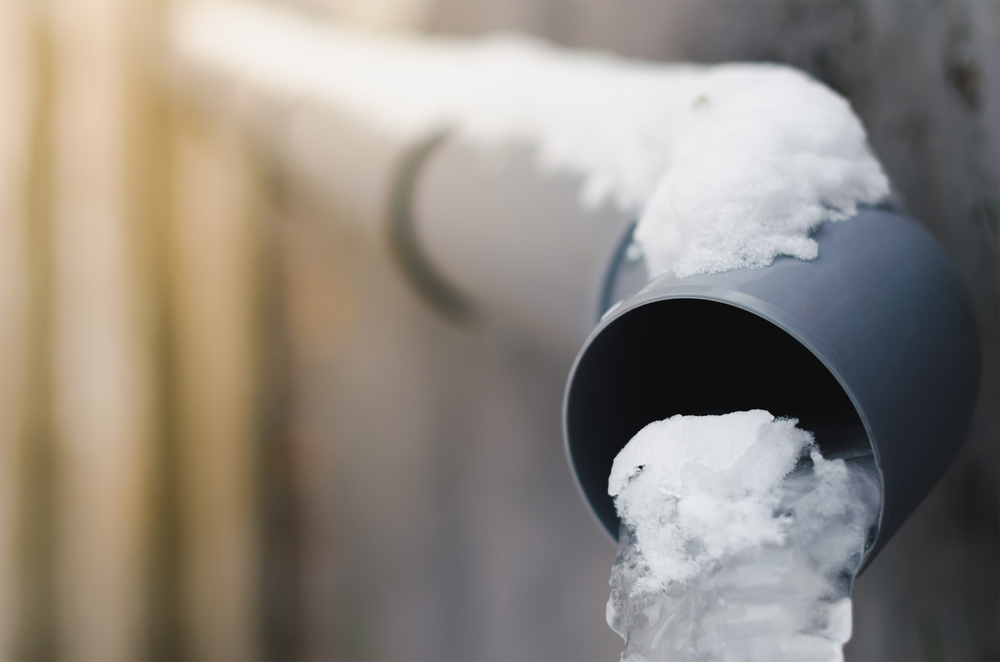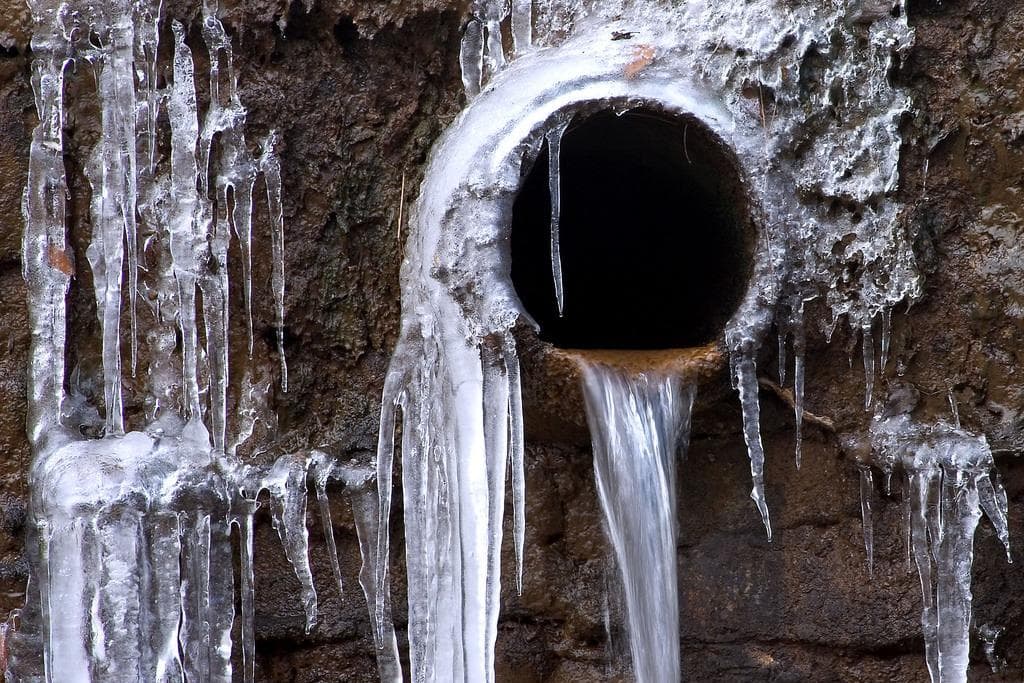Avoid Frozen Plumbing in Cold Weather: Professional Tips
Avoid Frozen Plumbing in Cold Weather: Professional Tips
Blog Article
Just how do you actually feel about How to prepare your home plumbing for winter weather?

Cold weather can wreak havoc on your plumbing, especially by freezing pipes. Right here's exactly how to avoid it from happening and what to do if it does.
Introduction
As temperatures drop, the threat of icy pipelines boosts, potentially leading to costly fixings and water damages. Comprehending how to stop icy pipelines is important for house owners in cold climates.
Avoidance Tips
Shielding at risk pipes
Cover pipelines in insulation sleeves or use heat tape to secure them from freezing temperature levels. Focus on pipelines in unheated or outside locations of the home.
Heating strategies
Keep interior spaces adequately heated up, specifically areas with pipes. Open up closet doors to enable cozy air to circulate around pipes under sinks.
Just how to recognize frozen pipes
Search for reduced water circulation from taps, uncommon smells or sounds from pipelines, and noticeable frost on revealed pipelines.
Long-Term Solutions
Architectural changes
Take into consideration rerouting pipelines far from outside wall surfaces or unheated areas. Add extra insulation to attic rooms, cellars, and crawl spaces.
Updating insulation
Purchase top notch insulation for pipes, attics, and wall surfaces. Appropriate insulation helps keep regular temperatures and reduces the threat of frozen pipelines.
Securing Outdoor Pipes
Garden tubes and exterior taps
Separate and drain yard pipes before winter. Set up frost-proof faucets or cover exterior faucets with insulated caps.
Recognizing Frozen Pipelines
What creates pipes to ice up?
Pipes freeze when subjected to temperatures listed below 32 ° F (0 ° C) for expanded periods. As water inside the pipes freezes, it broadens, taxing the pipeline wall surfaces and potentially causing them to rupture.
Dangers and damages
Frozen pipes can cause water disturbances, residential property damages, and costly repair services. Burst pipes can flood homes and create considerable architectural damage.
Signs of Frozen Pipes
Recognizing icy pipes early can prevent them from breaking.
What to Do If Your Pipes Freeze
Immediate actions to take
If you believe frozen pipelines, keep taps available to alleviate stress as the ice melts. Make use of a hairdryer or towels soaked in warm water to thaw pipes gradually.
Conclusion
Protecting against frozen pipelines calls for positive actions and quick actions. By recognizing the causes, indications, and safety nets, property owners can secure their pipes during cold weather.
Helpful Tips to Prevent Frozen Pipes this Winter
UNDERSTANDING THE BASICS: WHY PIPES FREEZE AND WHY IT’S A PROBLEM
Water freezing inside pipes is common during the winter months, but understanding why pipes freeze, and the potential problems it can cause is crucial in preventing such incidents. This section will delve into the basics of why pipes freeze and the associated problems that may arise.
THE SCIENCE BEHIND FROZEN PIPES
When water reaches freezing temperatures, it undergoes a physical transformation and solidifies into ice. This expansion of water as it freezes is the primary reason pipes can burst. As the water inside the pipe freezes, it expands, creating immense pressure on the walls. If the pressure becomes too great, the pipe can crack or rupture, leading to leaks and water damage.
FACTORS THAT CONTRIBUTE TO PIPE FREEZING
Low Temperatures: Extremely cold weather, especially below freezing, increases the risk of pipes freezing. Uninsulated or Poorly Insulated Pipes: Pipes located in unheated areas, such as basements, crawl spaces, or attics, are more prone to freezing. Insufficient insulation or lack of insulation altogether exacerbates the problem. Exterior Wall Exposure: Pipes running along exterior walls are susceptible to freezing as they encounter colder temperatures outside. Lack of Heating or Temperature Regulation: Inadequate heating or inconsistent temperature control in your home can contribute to frozen pipes. PROBLEMS CAUSED BY FROZEN PIPES
- Pipe Bursting: As mentioned earlier, the expansion of water as it freezes can cause pipes to burst, resulting in significant water damage.
- Water Damage: When pipes burst, it can lead to flooding and water damage to your property, including walls, ceilings, flooring, and personal belongings.
- Structural Damage: Prolonged exposure to water from burst pipes can compromise the structural integrity of your home, leading to costly repairs.
- Mold and Mildew Growth: Excess moisture from water damage can create a favorable environment for mold and mildew growth, posing health risks to occupants.
- Disrupted Water Supply: Frozen pipes can also result in a complete or partial loss of water supply until the issue is resolved.
WHY CERTAIN PIPES ARE MORE PRONE TO FREEZING
- Location: Pipes located in unheated or poorly insulated areas, such as basements, crawl spaces, attics, or exterior walls, are at higher risk of freezing.
- Exterior Pipes: Outdoor pipes, such as those used for irrigation or exposed plumbing, are particularly vulnerable to freezing as they are directly exposed to the elements.
- Supply Lines: Pipes that carry water from the main water supply into your home, including the main water line, are critical to protect as freezing in these lines can affect your entire plumbing system.
- Underground Pipes: Pipes buried underground, such as those connected to sprinkler systems or outdoor faucets, can be susceptible to freezing if not properly insulated.
https://busybusy.com/blog/helpful-tips-to-prevent-frozen-pipes-this-winter/

Do you like reading up on How to prepare your home plumbing for winter weather? Post a remark down the page. We will be delighted to see your insights about this entry. We are looking forward that you visit us again in the future. Sharing is good. One never knows, you could be helping someone out. Thanks for going through it.
Request An Appointment Report this page